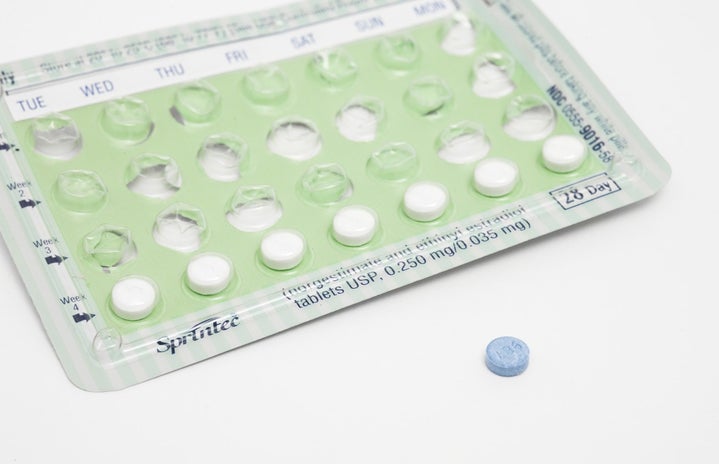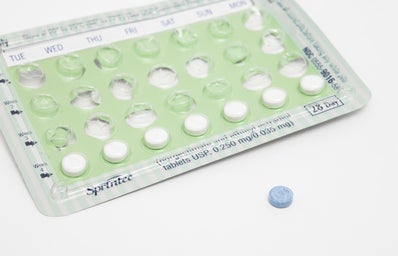Throughout middle school and high school, you learn about all different subjects – history, math, science, english, and other electives.
One of the most important, and underrated, classes taken is health class, where students learn things about themselves, their bodies, and their health that stay with them for the rest of their lives. Sexual education, more commonly known as sex ed, is one health class that has a real impact on student’s futures.
Sex Ed classes teach students about safe sexual practices, STDs, their changing bodies, and help them try to understand what they’re feeling while their bodies, and emotions, are changing.
But as of March 2016, only 24 states and the District of Columbia require public schools teach sex education and out of those 24, only 22 mandate sex education and HIV education.
That’s over half of the country not receiving proper sex education.
Religious reasons often play a big part in why schools are opposed to sex education classes, but other issues such as parents not being comfortable with their children learning about those topics and lack of government spending are up there as well.
But pre-teens and teenagers have the right to know what goes on their body, get advice or help to make decisions that can impact their health and well-being for the rest of their lives.
Sex is a normal thing – its a natural part of life. There’s nothing wrong with it and we shouldn’t shame or judge people for doing it.
Teenagers will have sex with or without sexual education. It’s better they learn about safe sexual practices because if you don’t know the basics, it could lead to a lot of problems, like as STDs and pregnancy.
Some people may not have sex or don’t care about having sex, but it doesn’t mean they shouldn’t be educated on it. It’s still valuable life information.
Not talking about it makes things worse because most kids don’t realize they need to be careful when having sex because of the diseases they can catch or they don’t understand why condoms are beneficial, or that while other forms of birth control can prevent pregnancies, only condoms prevent STDs.
There are other benefits of having sex education classes in schools, and not just in public schools.
According to Guttmacher Institute, 75% of pregnancies among 15-19 years-old are unintended, and young people between the ages of 15 to 24, account for 50% of all new STDs, although they represent just 25% of the sexually experienced population, according to DoSomething.org
These two statistics shouldn’t be that high and we must find a way to lower them for the safety of teens. In order to do that, we must teach teens the important skills on how to protect themselves or how to prevent these things from happening.
The more people that are informed, the less likely STDs and unintended pregnancies are.
Sexual education helps reduce adolescent pregnancy, HIV and STIs, and help teens practice abstinence. And almost all sex education class inform students about sexual harassment and assault, which helps keep students safe.
Too much funding has gone to abstinence only programs, and that must change.
The future is unpredictable, so it’s better to be safe than sorry and it is important to know all the information about sex there is, so unwanted things don’t happen in the future.
Sex Education equals protection – remember that.

